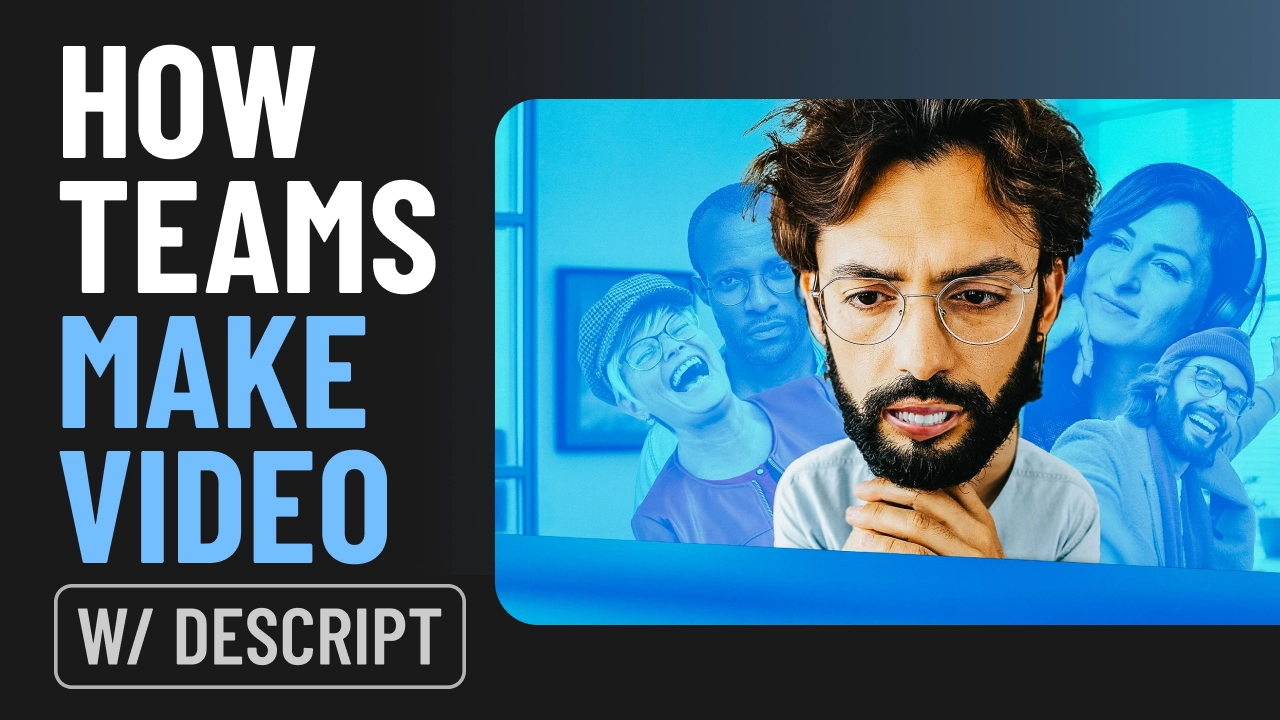It’s the most stressful time of year for podcasters: festivals and awards season! From New Jersey to the Third Coast to the nebulous internet, for both fiction and nonfiction shows, there are more places than ever to submit your show for laurels and accolades. The waiting is nail-biting, the winning is exciting, but the submitting? Well, that can be a chore. And how do you ensure that what you’re submitting is putting your best foot forward?
As someone who’s been creating podcasts for over half a decade now, I’ve submitted to a lot of places, and submitted a lot of different kinds of shows, too. I know the tedium of submitting the same information about your show over and over again. The best way to arm yourself against that is to have everything you need at your fingertips, clearly organized and optimized for what awards and festival submissions usually ask of you — plus a little something extra.
First, let me introduce you to my secret weapon: the press kit.
Press kits are awesome for everyone, and here’s why
Having a press kit, or media kit, isn’t just a helpful thing to link on your website so that outlets, reviewers, and potential advertisers have quick and easy access to information about your show. It also puts most of the text-based information you’ll need to submit right at your fingertips.
This is the press kit for Where the Stars Fell. It’s full of all kinds of helpful information, like a short and full-length synopsis of the show, links to social media, and contact information. What do these things have in common? They all get asked for nine times out of ten on submission forms. Many of the things you’ll want to include in your media kit are obvious — the show title! The cover art! A picture of you! — but there are a few with hidden rules:
- Show descriptions: Many submission forms have word or character count limits on the description of your show. Having both a one-sentence logline that’s under 100 words and a full-length description (usually the one that goes with your show on podcast player apps like iTunes and Spotify) gives you more flexibility, and means you’re not constantly having to condense or expand your description on the fly.
- Where to listen: Some forms want a link to a specific player — I recall one awards show that only wanted an iTunes listing — others will ask for your RSS feed. Have them all in one place so you don’t have to go hunting.
- Brag sheet: A lot of festivals will want to know what other awards and selections your show has garnered. Having a list of those looks impressive to outlets and advertisers checking out the show, and gives you a running list of your accolades to, once again, simply copy and paste.

Files to have on hand
No matter what category or type of award/festival you’re submitting to, there are some things that almost every place will ask for. Here’s a brief list, complete with some top tips, of things to have at the ready in a labeled folder.
- Your show cover art — the biggest, highest quality version there is. It’s easy to size down, but a pain to size up.
- Your show trailer, in both MP3 and WAV formats, trimmed down to (or, ideally, written to be) 60 seconds.
- A video version of your trailer with captions. Festivals especially will usually want this.
- Your pilot episode (if you’re a serialized fiction show) or the best episode out of your catalog (if you’re an anthology or nonfiction show), also in both MP3 and WAV formats. If you’re also the sound designer/editor for your show and have access to the session file for this episode, I recommend going in once a year, or whenever you feel your skills at mixing and mastering have significantly improved, and doing some polishing.
Remember, a lot of awards shows aren’t going to listen to your entire show from start to finish. This is your one chance to give a really good impression of the content and quality of your podcast — consider taking the time to ensure that what you’re submitting is up to date with its current quality, especially if your show has been running for a long time. Don’t forget to update the actual episode on your feed as well; some forms will ask for a link to an episode instead of a file submission.
You might also consider having a recent favorite episode selected as a second submission. Some awards will allow you to submit two episodes, accounting for the fact that some shows have been running for a while and quality has changed.
For Your Consideration campaigns: You can do it too!
Running a For Your Consideration campaign doesn’t just have to be for prestige television shows and movies — putting together a five to ten minute video of the very best moments in your show can be useful in all kinds of ways. Many festivals will allow you to upload a screener, and while that can be a clip from a single episode, it can also be a collection of moments that show off a variety of categories from sound design, interview banter, writing, and more! Try to keep things in chronological order if you’re a serialized show, and put your best material first.
Think of a screener like a demo reel for your podcast: you want to provide a balanced, curated collection of material that shows off the highlights, while getting viewers intrigued to check out the rest of the show. You can even share it on social media to entice new listeners.
It can also help to have download statistics for your show, whether to showcase that you’re a new, up and coming production, or to show off how far you’ve come. You can usually download these from your hosting platform and keep them as a spreadsheet file.
Finally, don’t be afraid to reach out to the organization’s customer service or production departments; their email or phone number is usually listed on the award or festival’s website. Especially if your show is fiction, which is comparatively new in the awards and festivals circuit, the submission form may not have an option that fits, or may be missing a key piece of information you feel the judges should know. These places want to know about the gaps in their submission process so they can adjust it to make entering easier for every type of show. At the very least, they can let you know the best way to submit your show accurately. I’ve seen many new awards and festivals pop up in the last few years — everyone is still learning and developing their offerings. Best of luck!



































%20(1).JPG)






